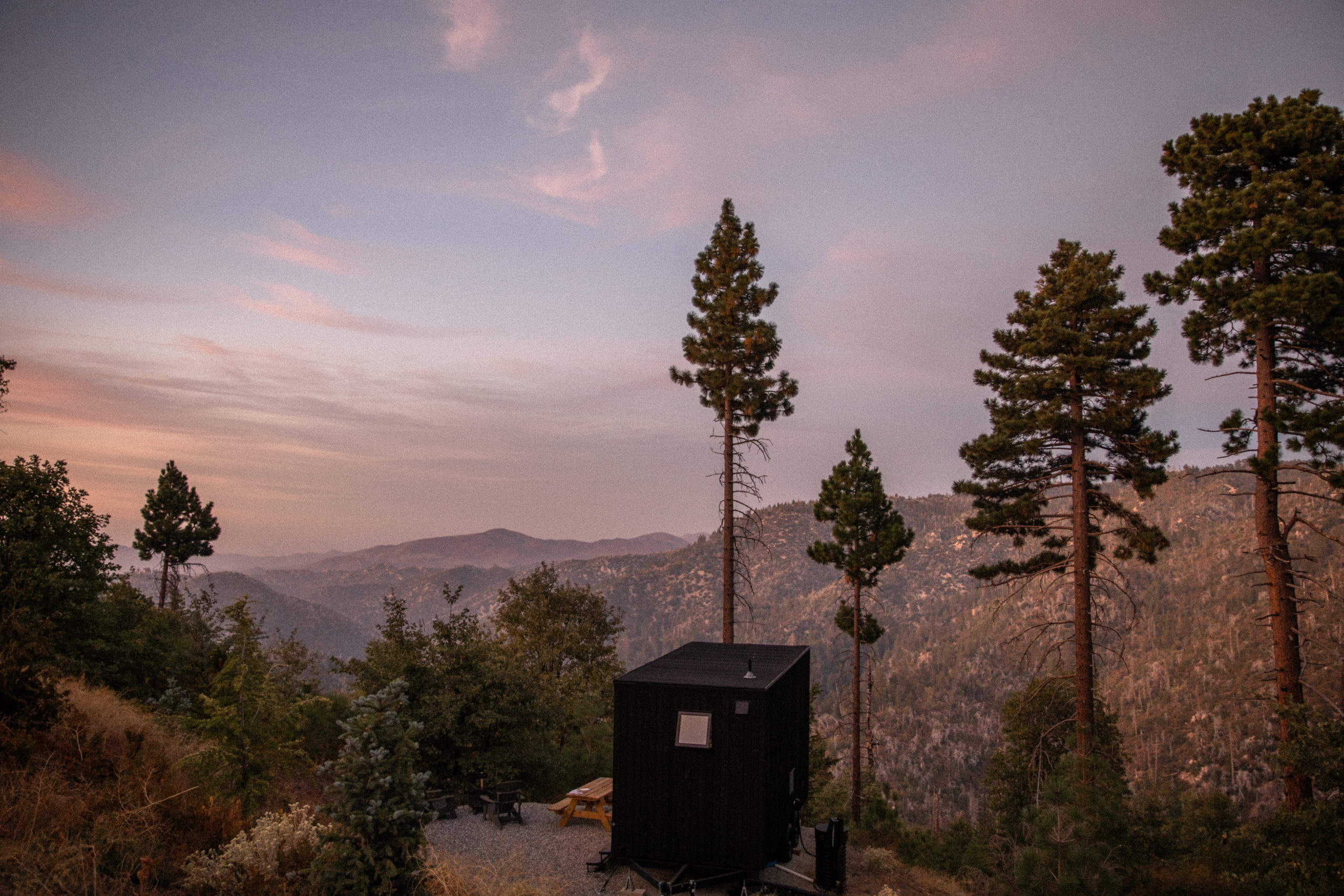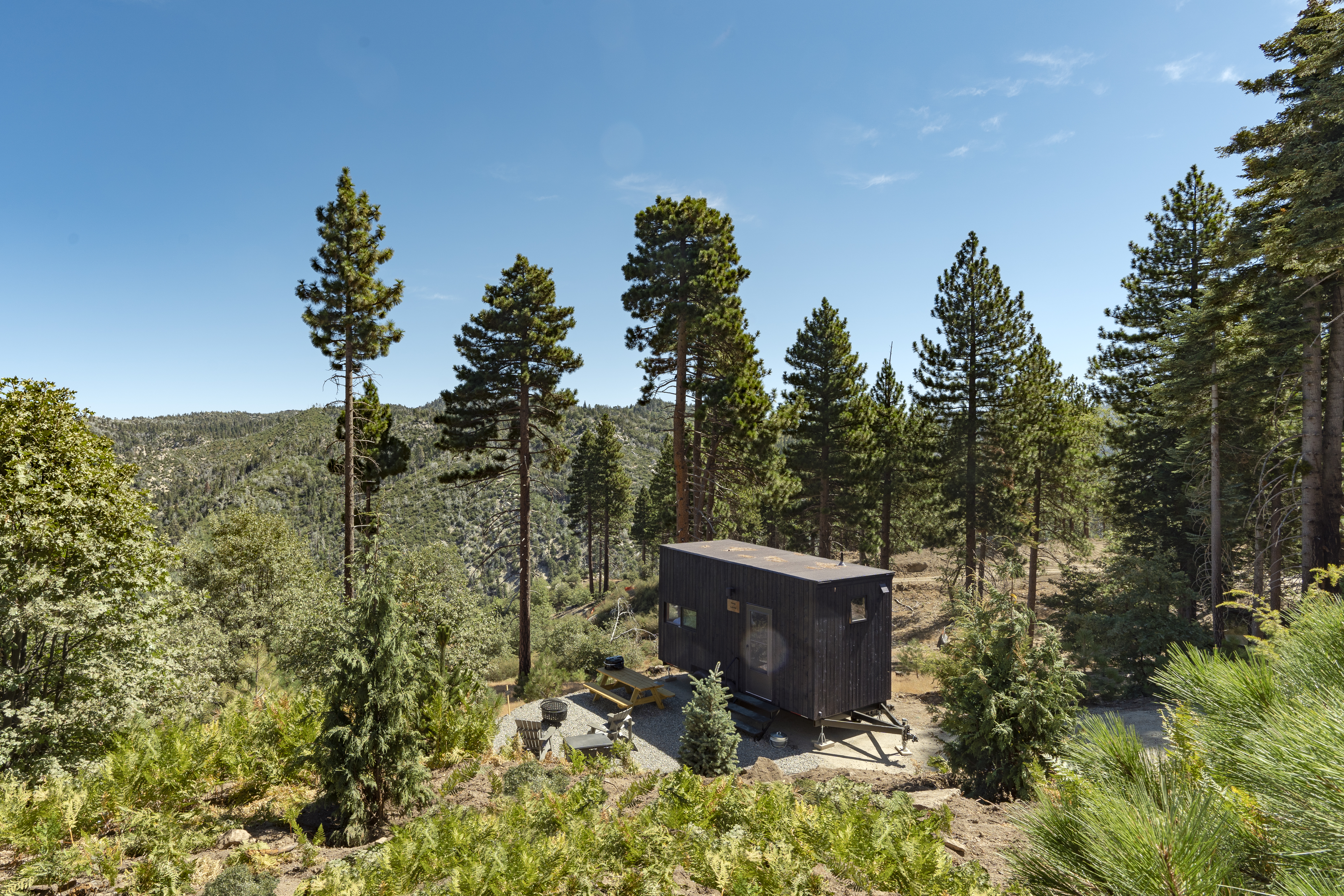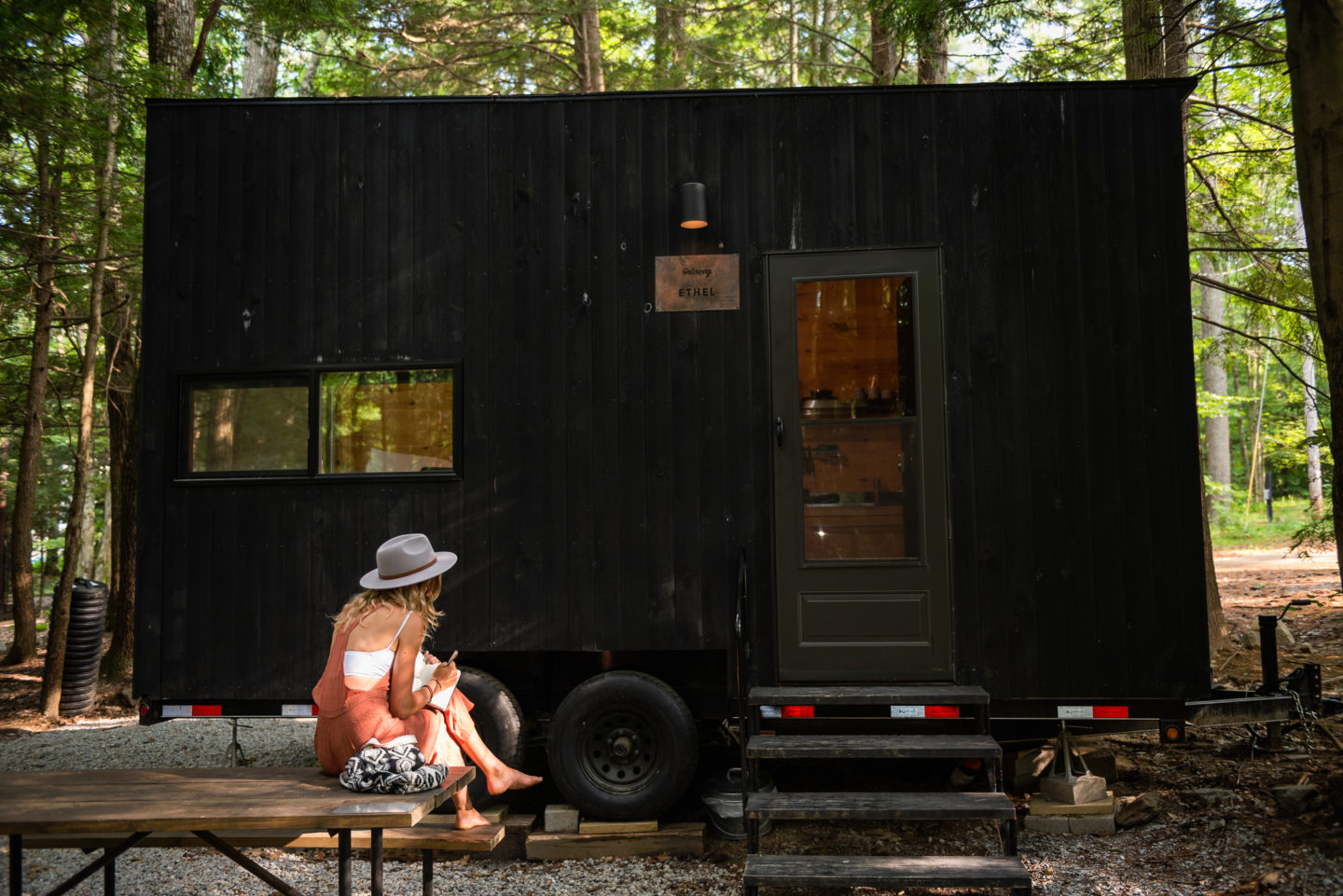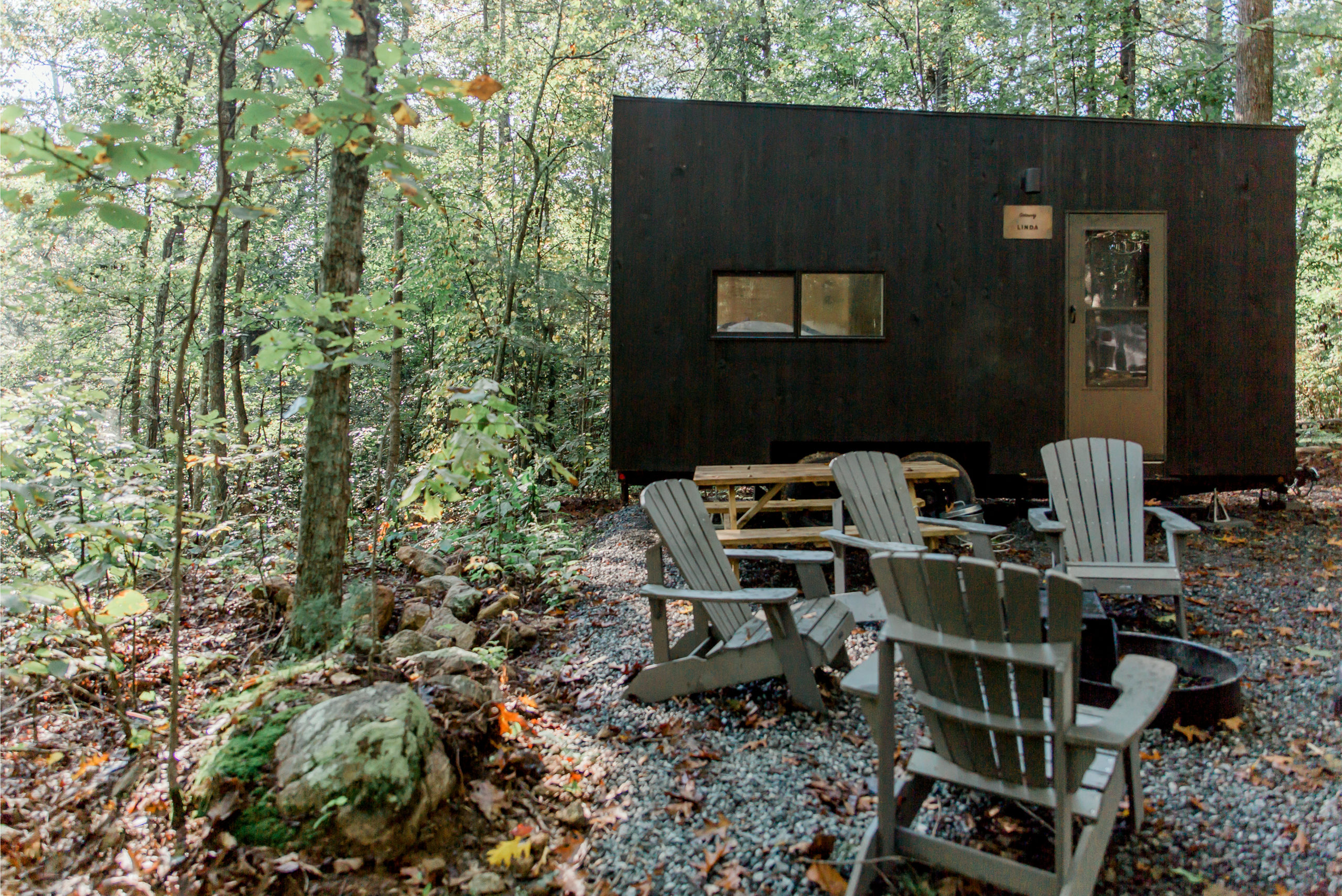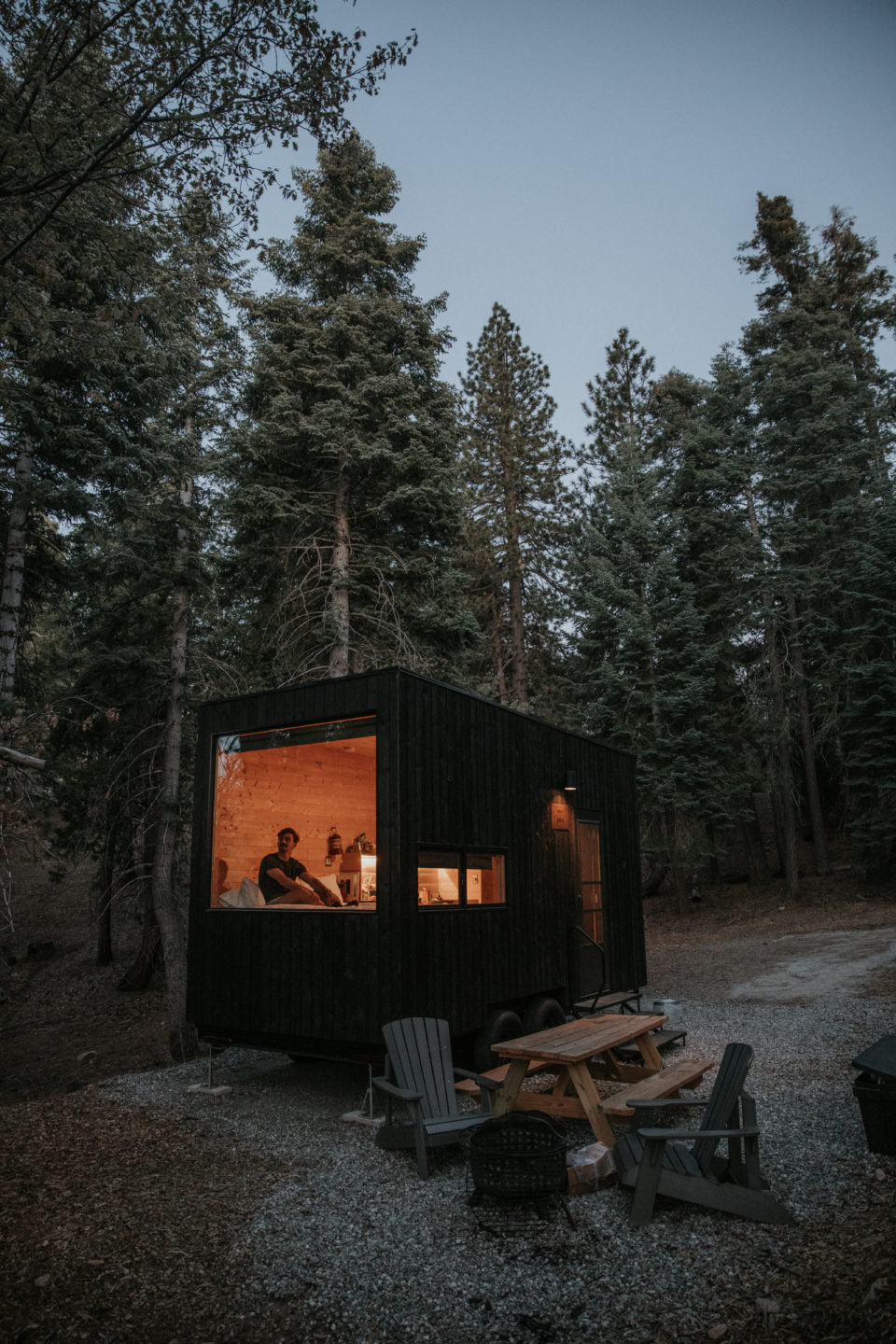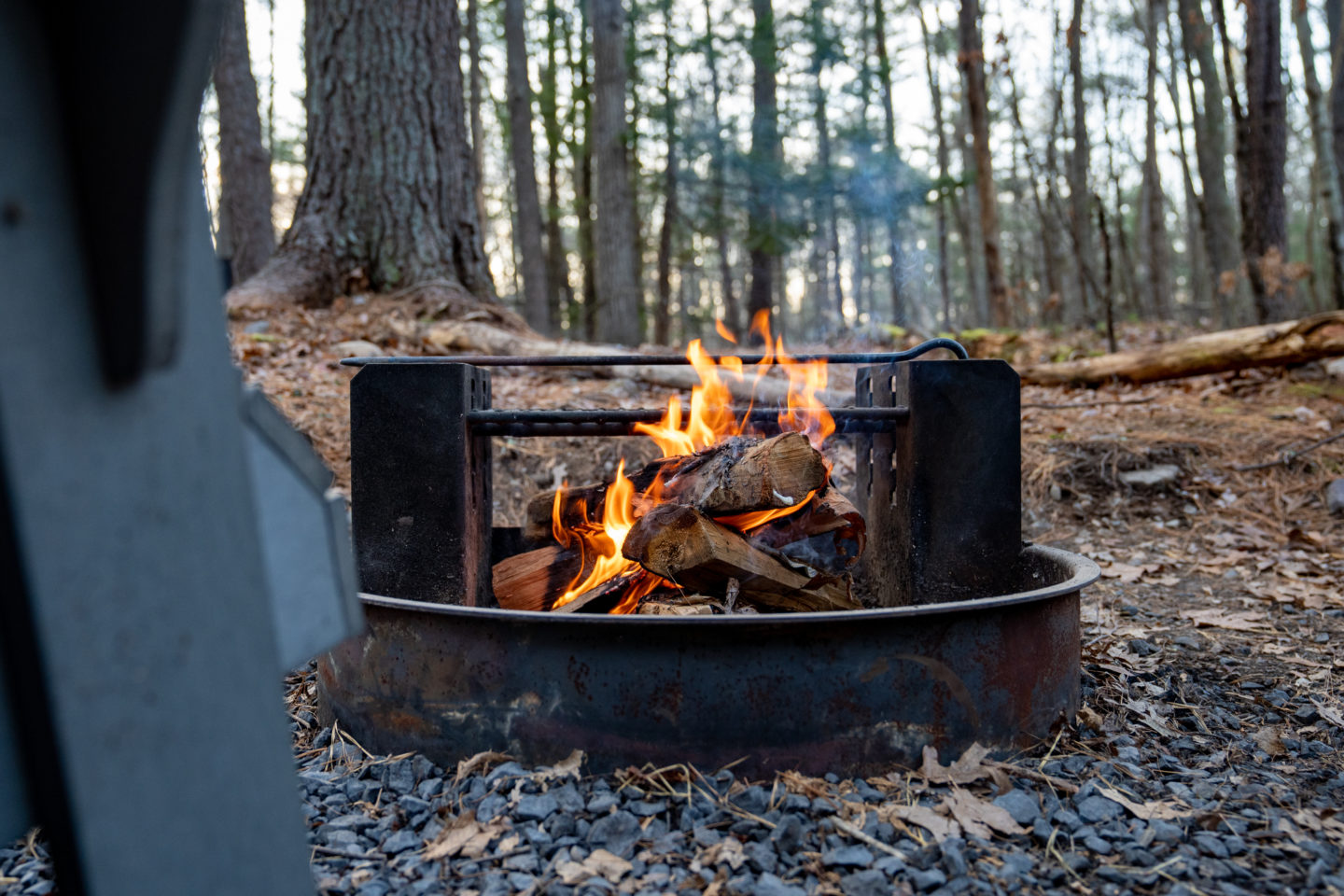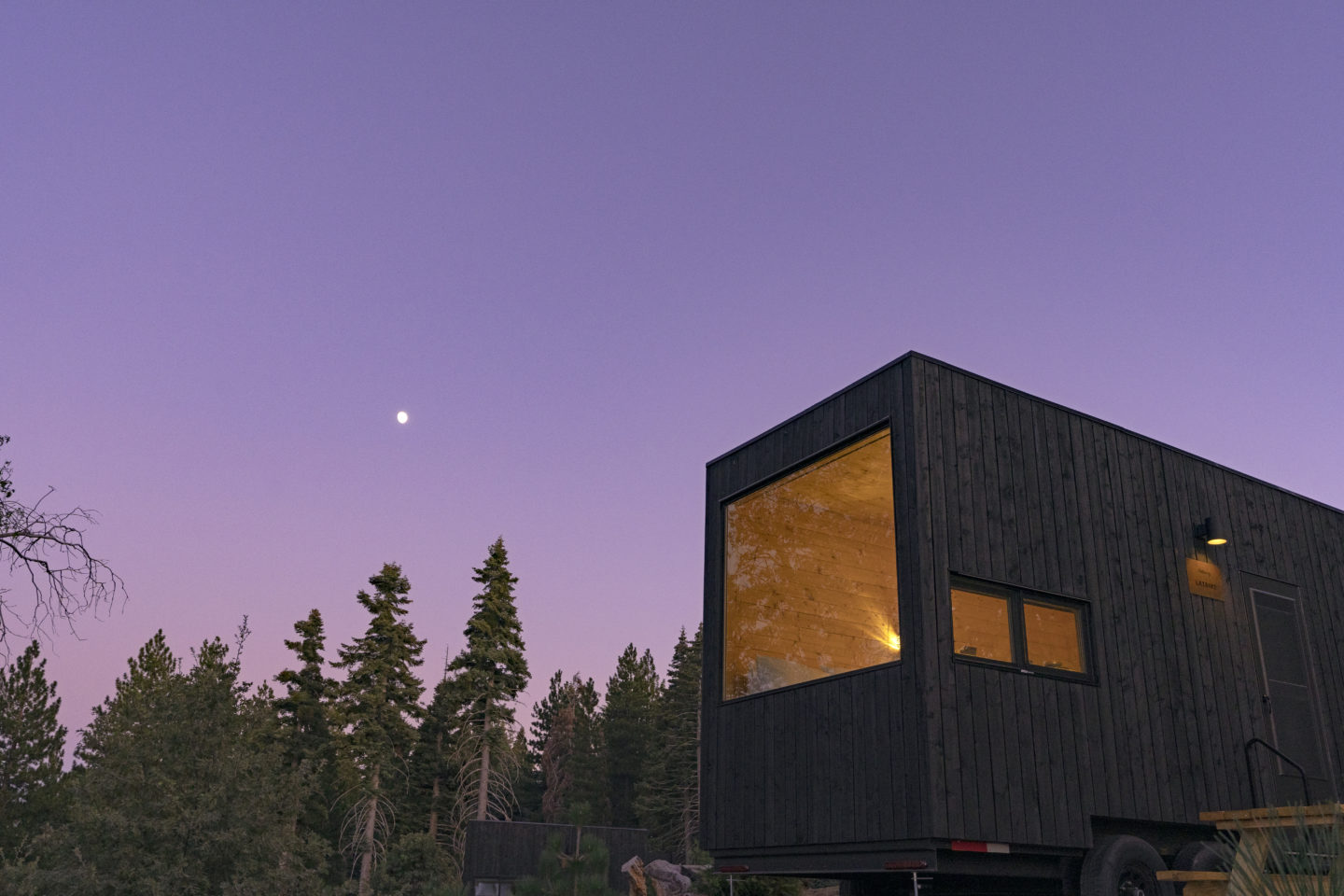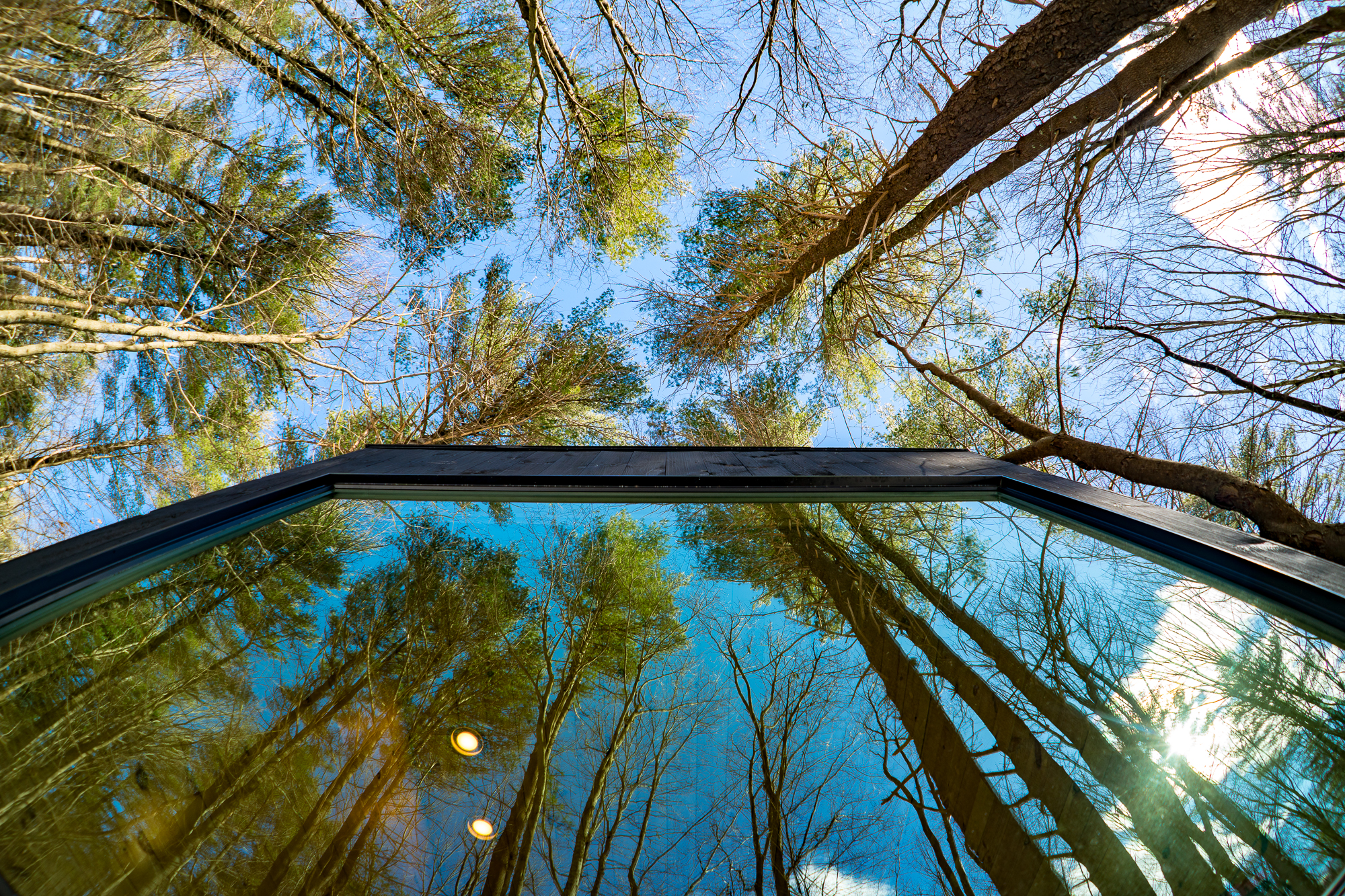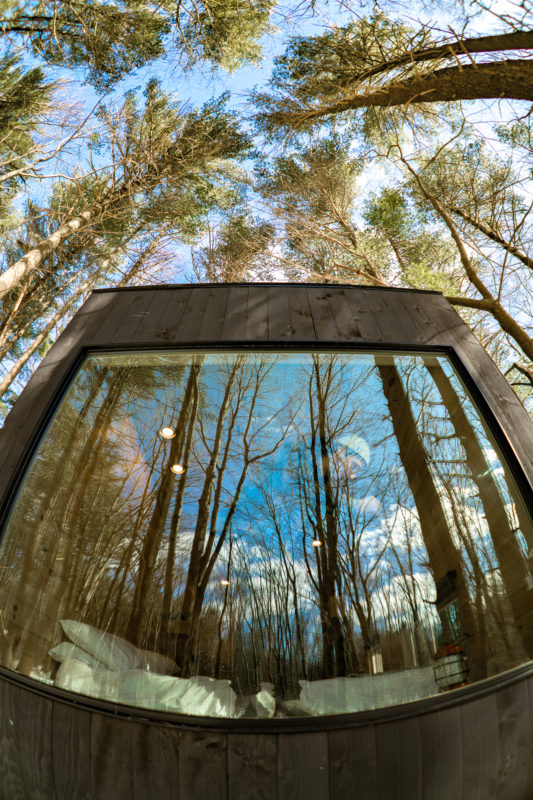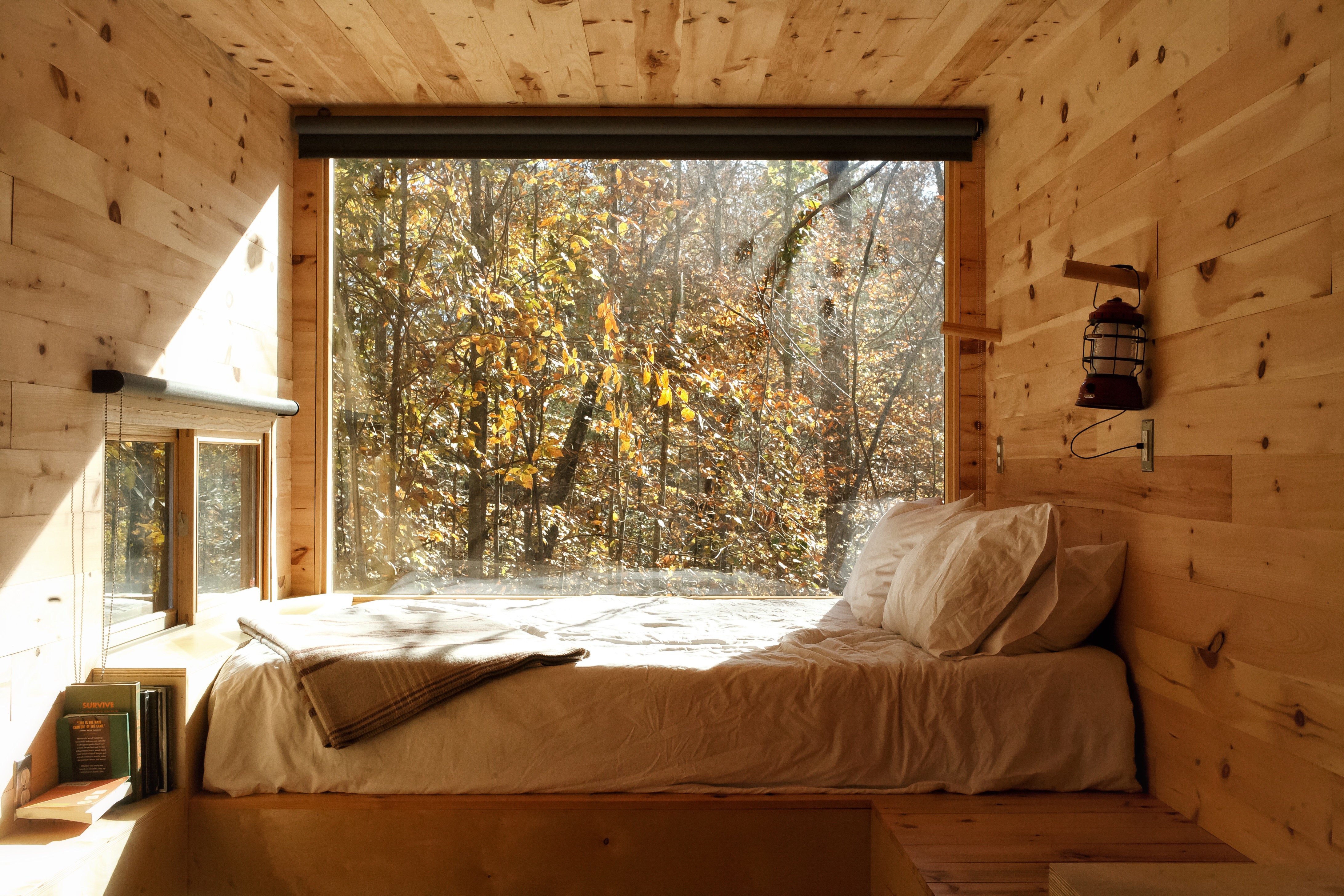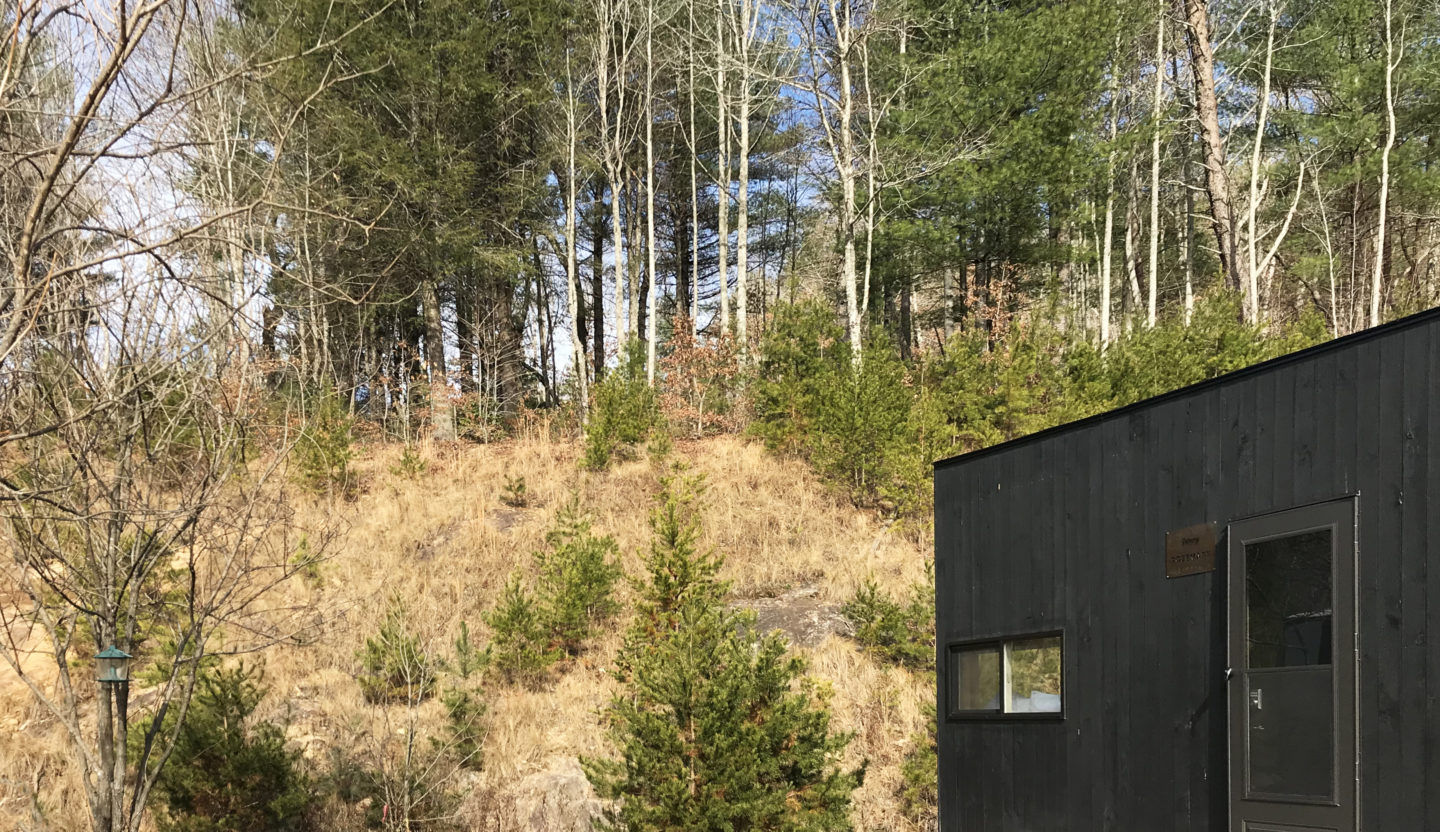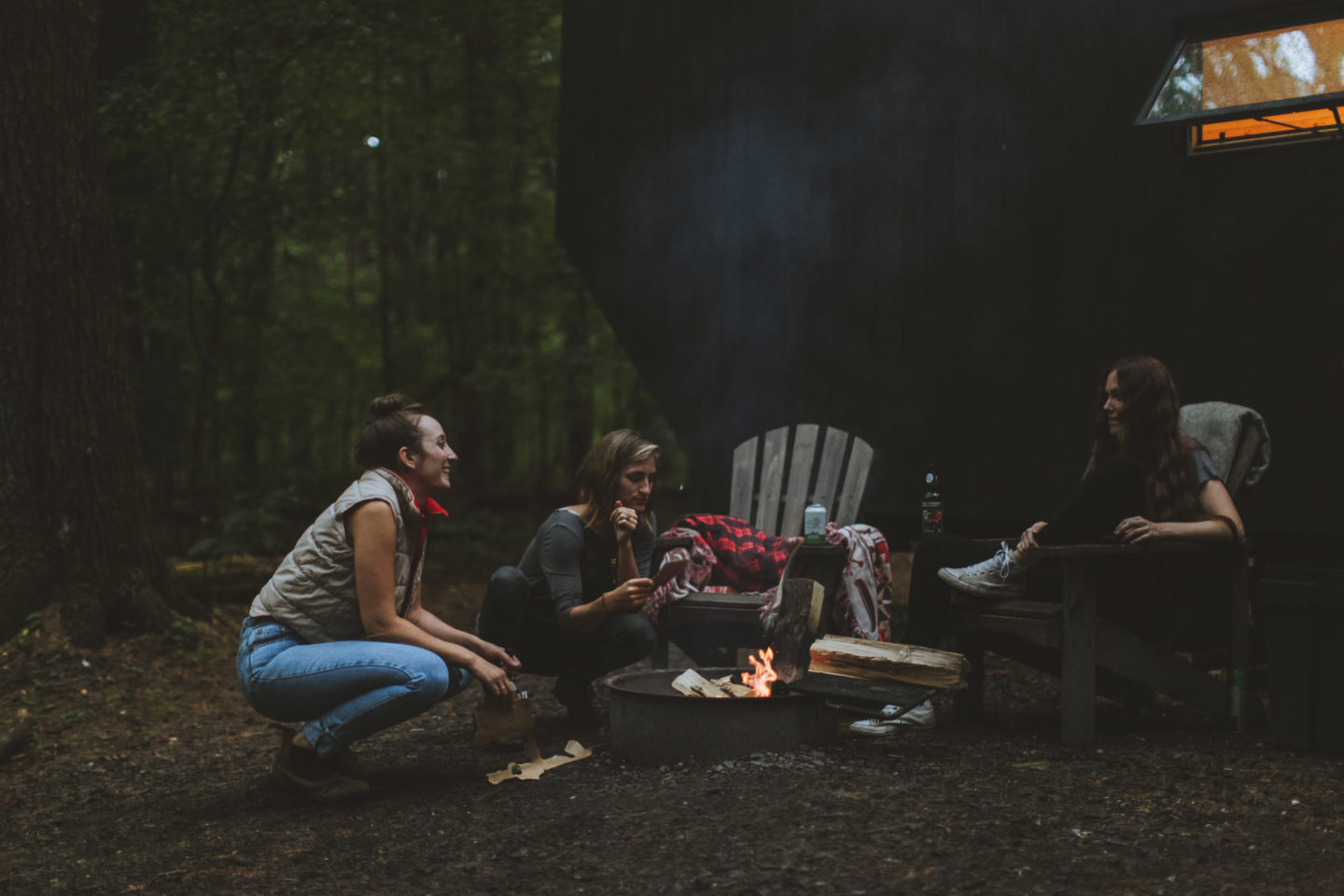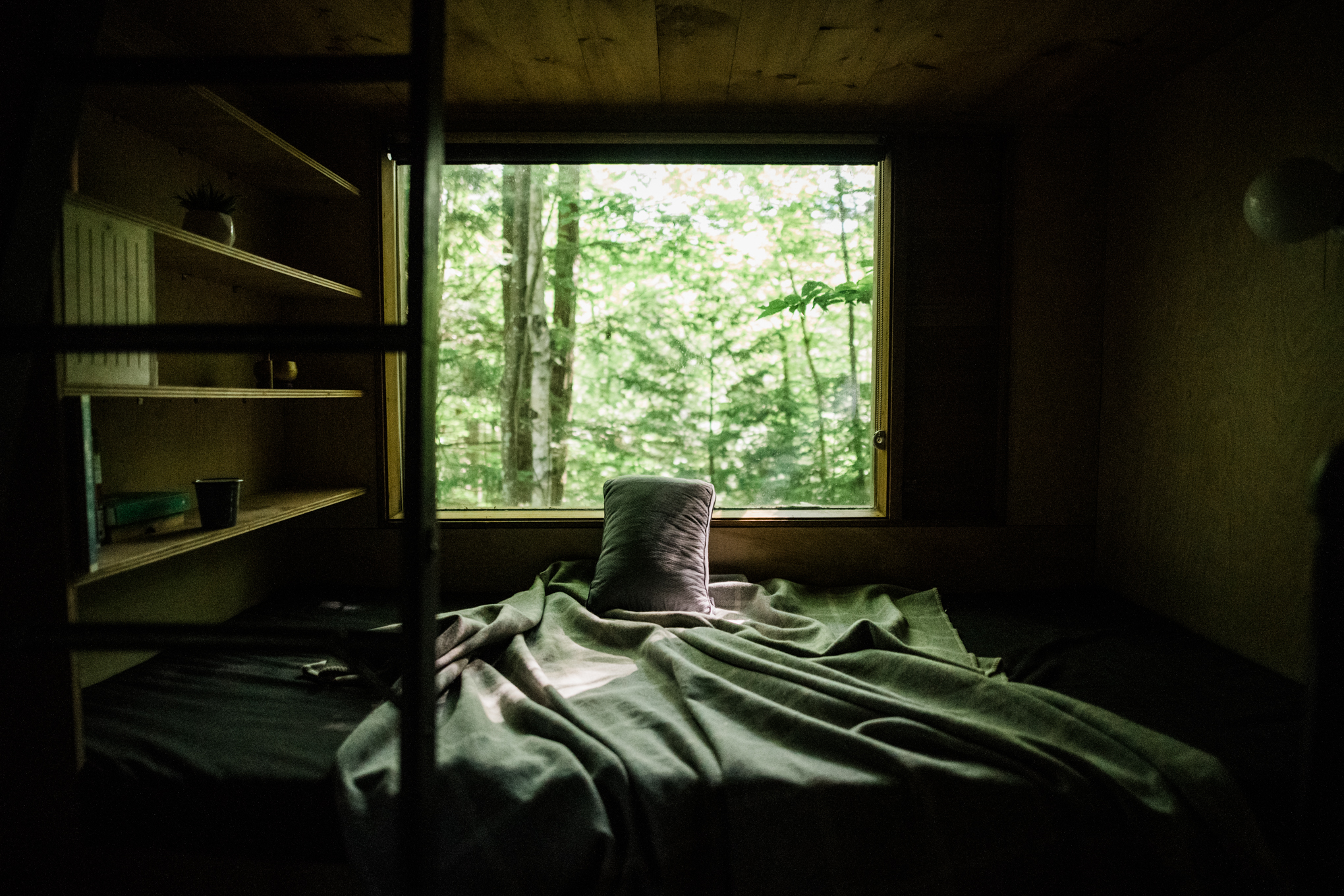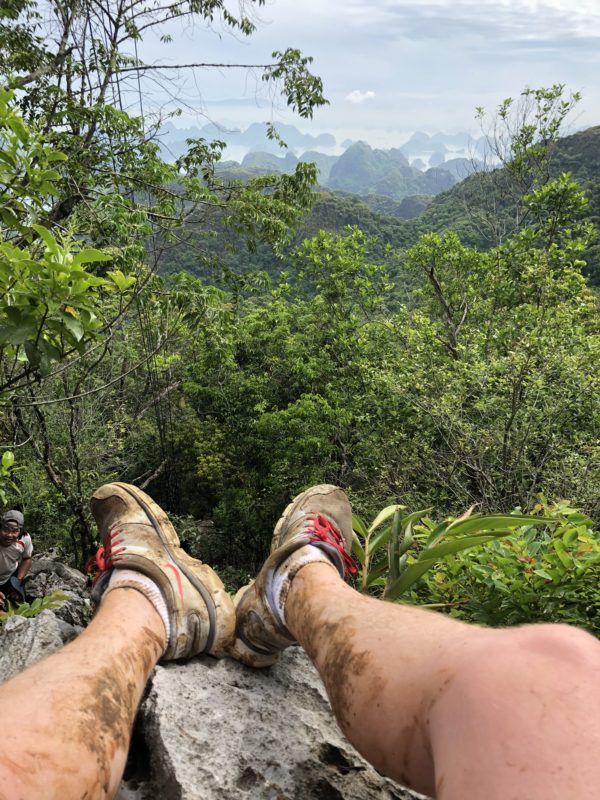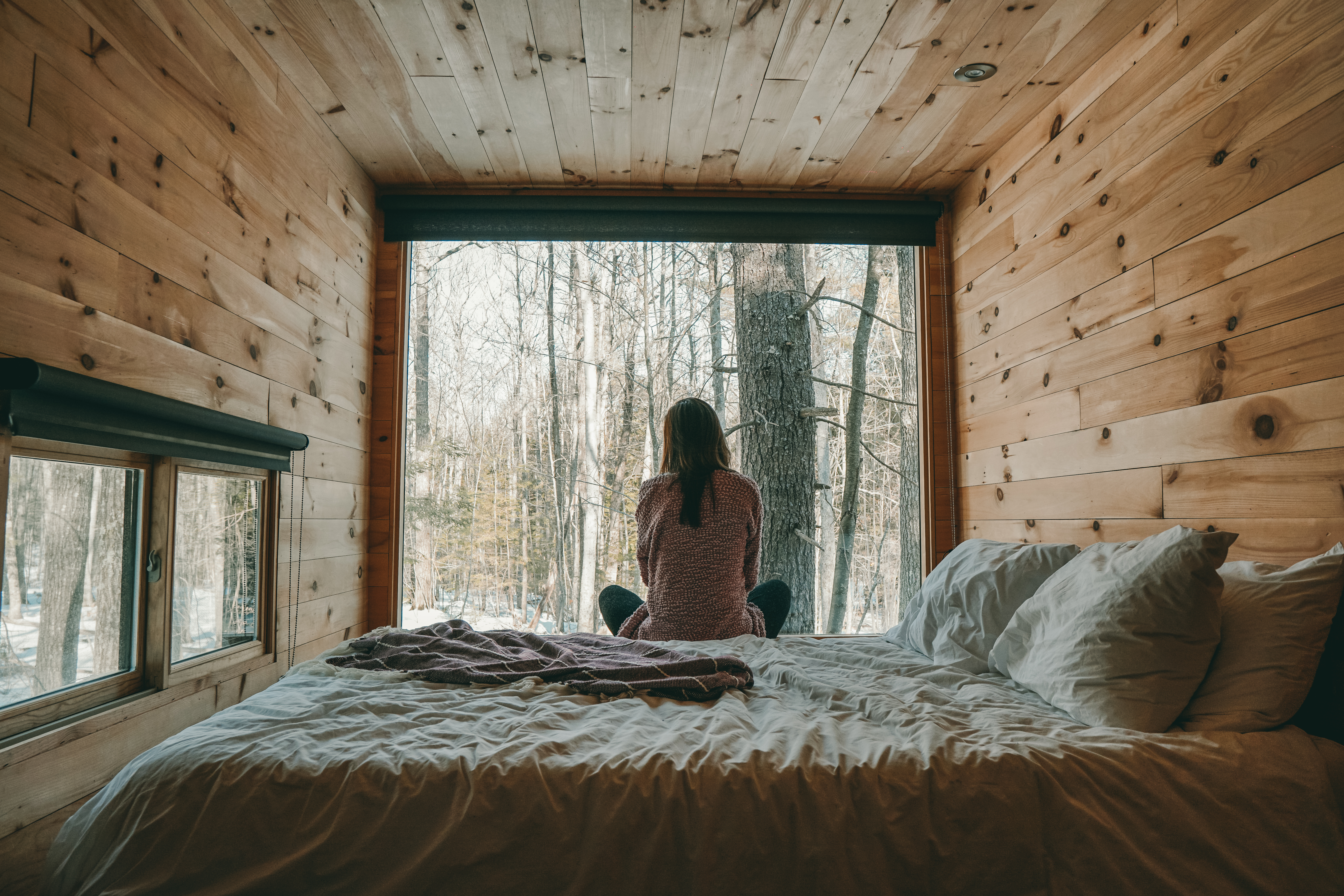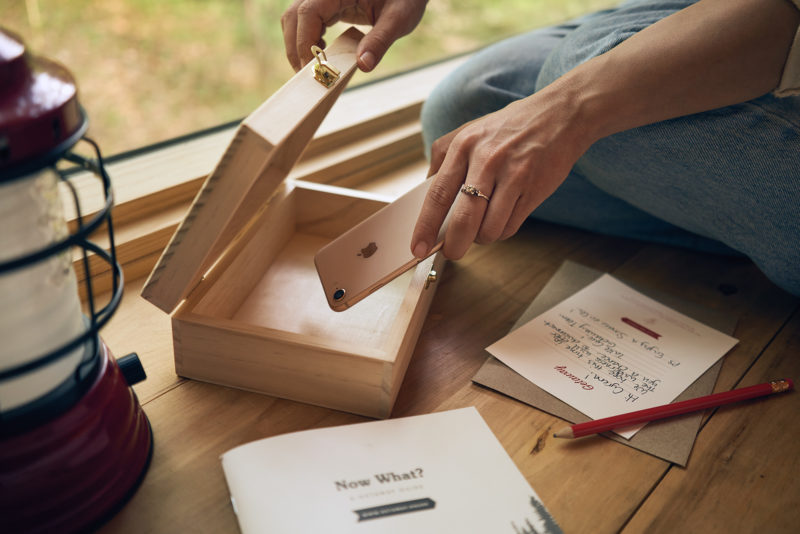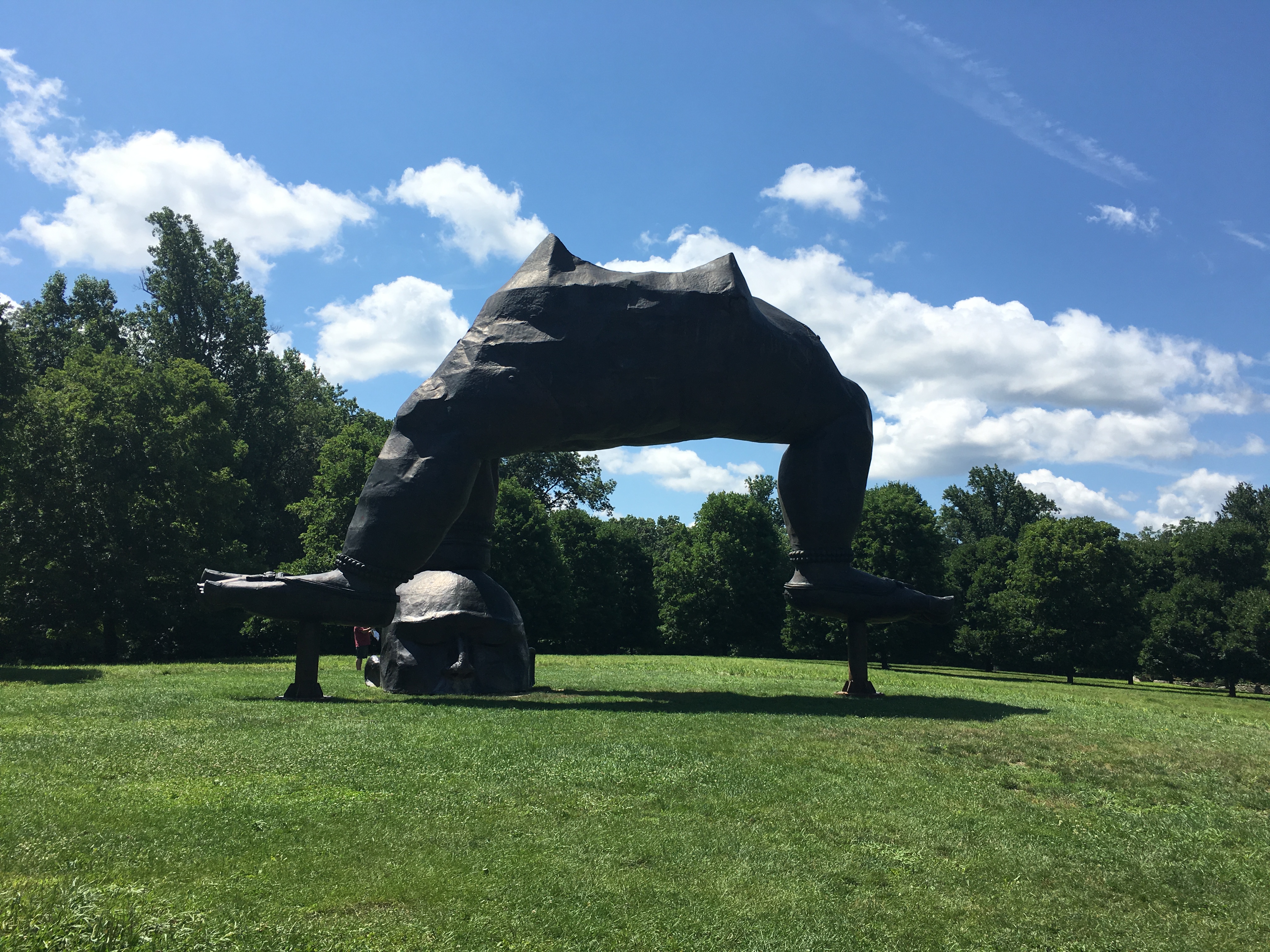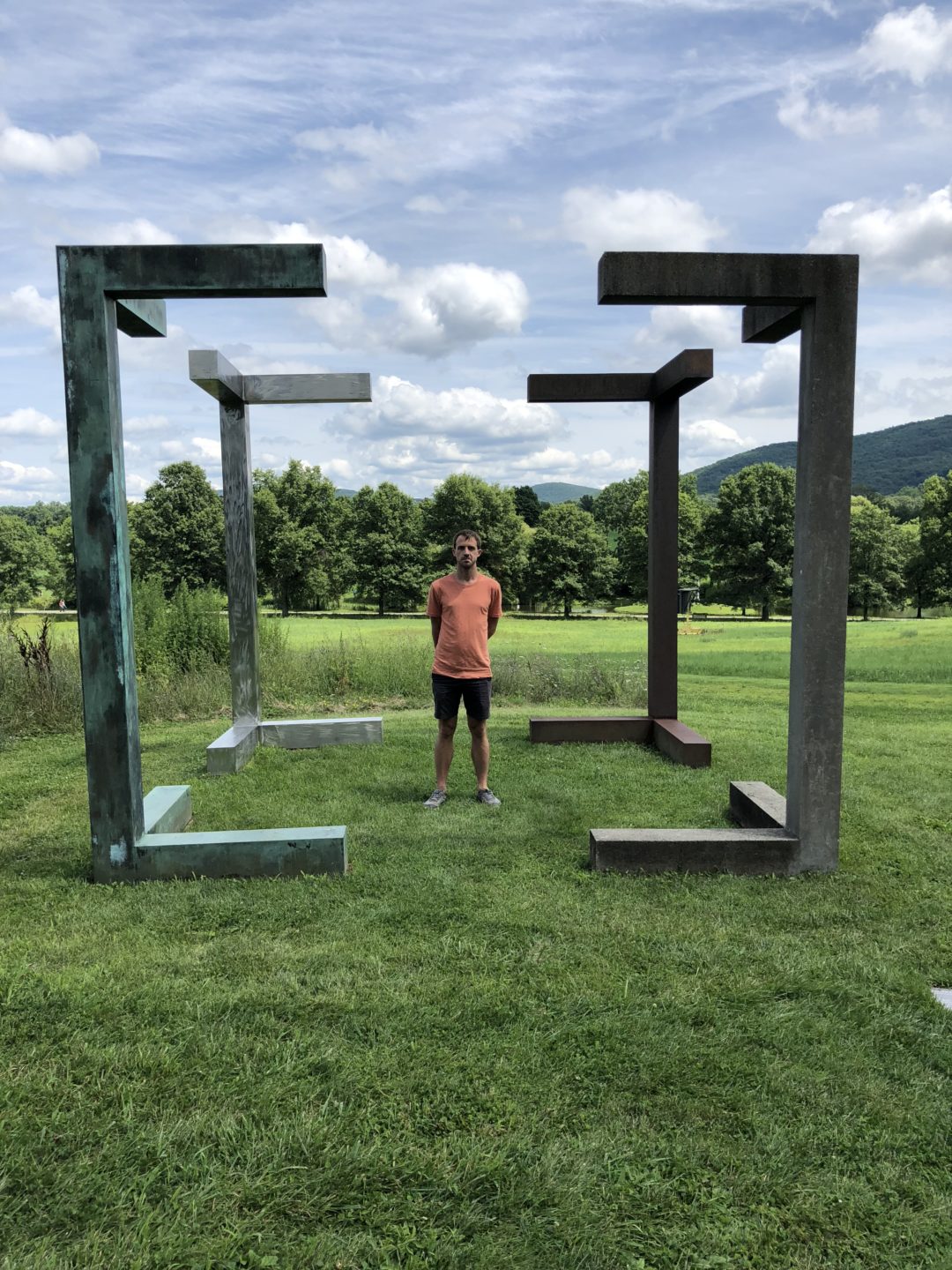This month, our founder, Jon Staff, is passing the mic to Sophia Li, a Chinese-American journalist, advocate and director whose work focuses on the intersections between climate and social justice to hear more from her on climate optimism.
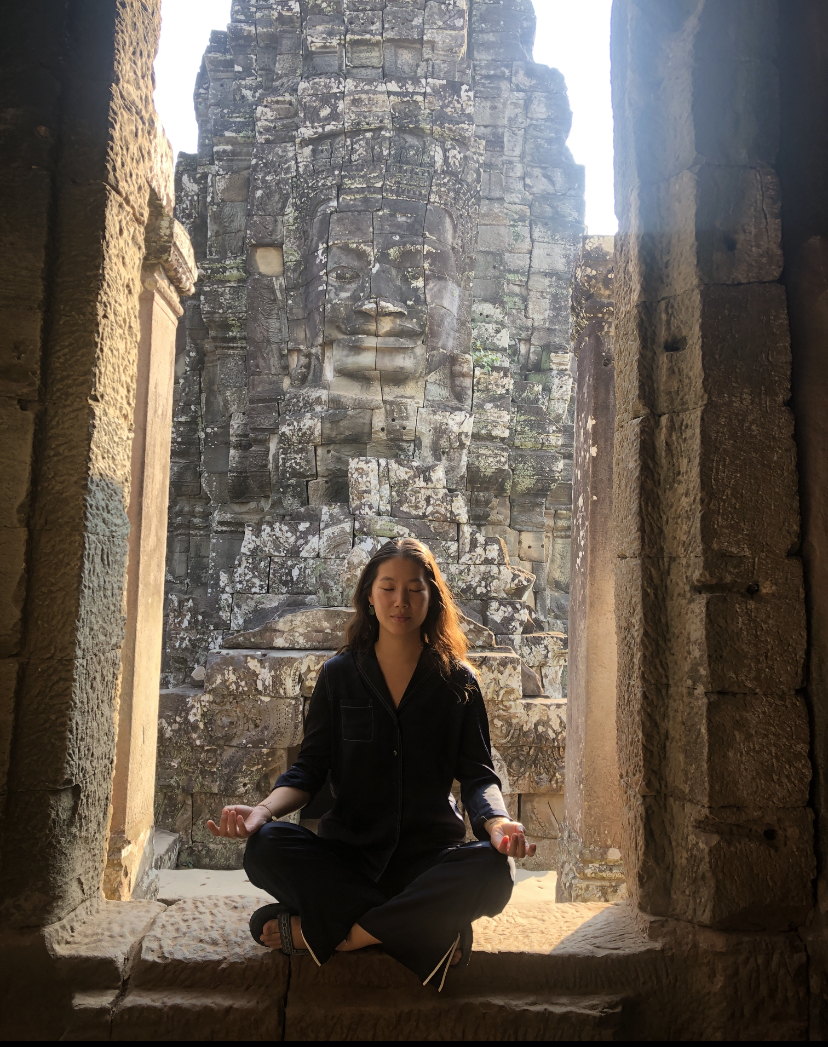
How do you approach climate change with hope?
I approach climate change with hope by first being aware of the words I’m using in relationship to the crisis. It’s as simple as turning a thought such as “we don’t have enough time” to “I feel empowered with my love of mother nature and our shared home that I take responsibility and accountability for my actions from here on out.” Having that fundamental shift in how we communicate to ourselves and each other about the climate crisis is the first step.
I focus on climate hope, climate optimism because a climate ‘doom and gloom’ mentality freezes us into inaction. Perhaps we were introduced to the climate crisis through the mentality of fear i.e. “our house is one fire” but there’s only so much long-term continuous action that can come from fear. We now need to move into the learning and growth zones past the fear zone. Climate optimism plays a role in our fight for an equitable future because the movement must start internally: if we have a fearful relationship with Mother Nature, we quickly burn out– fear isn’t sustainable long term for true global liberation to a greener future. A symbiotic relationship with Mother Nature rooted in love and abundance (as Indigenous communities have always practiced and preached) however is the sustainable answer.
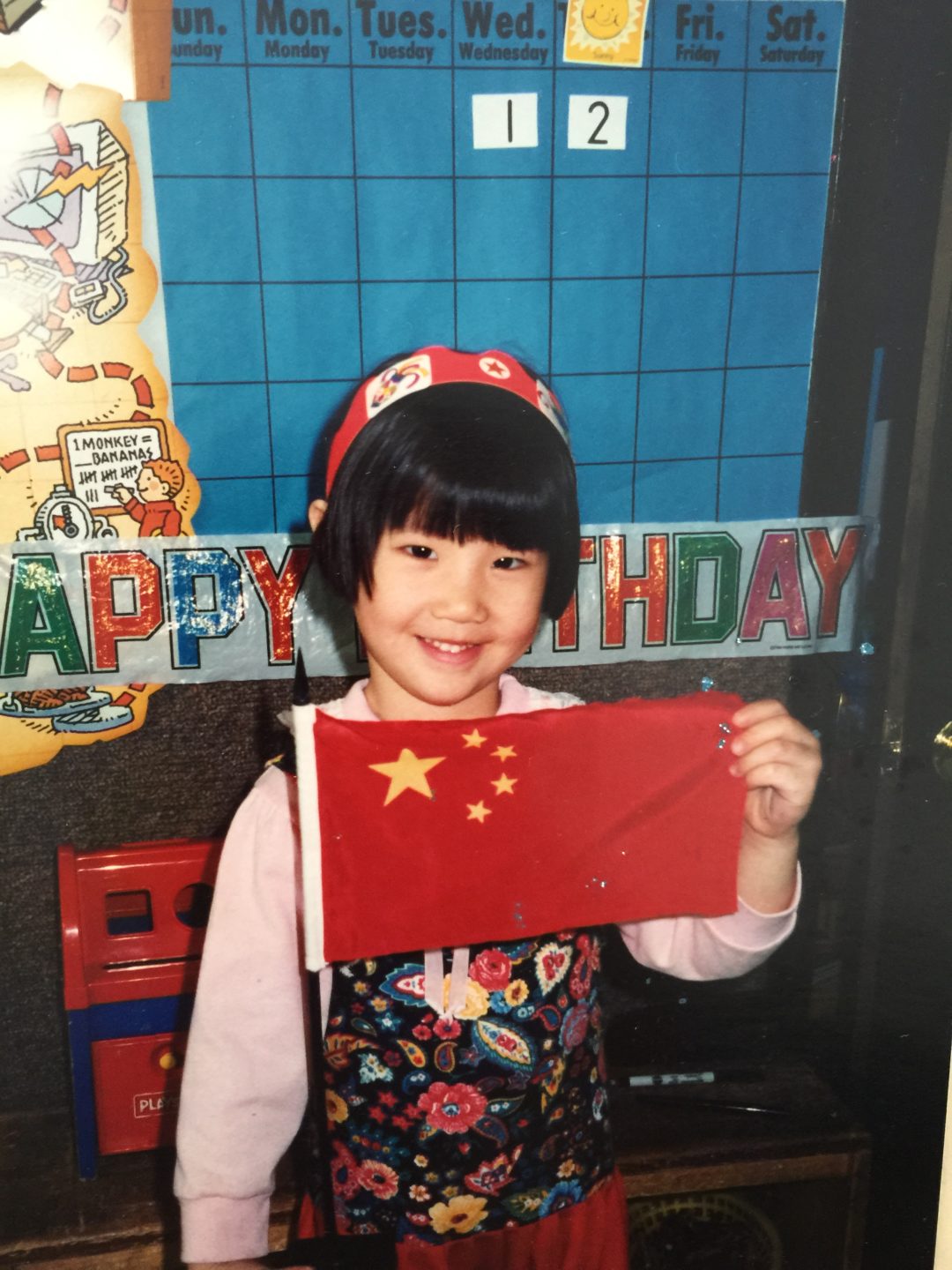
How has your perspective as a member of the AAPI community influenced your perspective on climate change if it does?
Being Chinese-American is largely my climate story to how I first became involved in the climate space as I saw firsthand what was happening to the blue skies in China over the course of my upbringing going there every summer. Also, we have to acknowledge how climate and racial justice are so interconnected. It is scientifically proven that environmental racism is one of the biggest impacts of the climate crisis. The climate crisis affects the whole world, but the majority of people experiencing it are in the Global South. It’s the Global North that has caused these really detrimental changes to the climate. Exactly 100 companies contribute to 71% of greenhouse gases. And of those 100, a majority are from the Global North. If we’re talking about just the United States, BIPOC are heavily represented in the poorest communities, which also have the highest levels of asthma, cancer, and other health problems, often because their communities are being taken advantage of by business interests.
Living in these areas — where people can’t afford to go anywhere else — has health repercussions. You look at Flint, Michigan: no clean running water, high percentage of BIPOC — and that’s because of the behavior of the industries there. You look at the South Bronx — it’s called “asthma alley” for a reason. It has the highest levels of asthma anywhere in the world, because there’s such a high level of industrial production happening in the South Bronx. These are just a few examples on a broad level, and more in our backyard, of environmental racism and how climate and racial justice are so interconnected. Being an AAPI, I’ve always been aware of the disproportionate impacts of the climate crisis on communities of color and hold that perspective with me whenever I enter the climate space, transcending beyond just the zero waste and vegan movements.
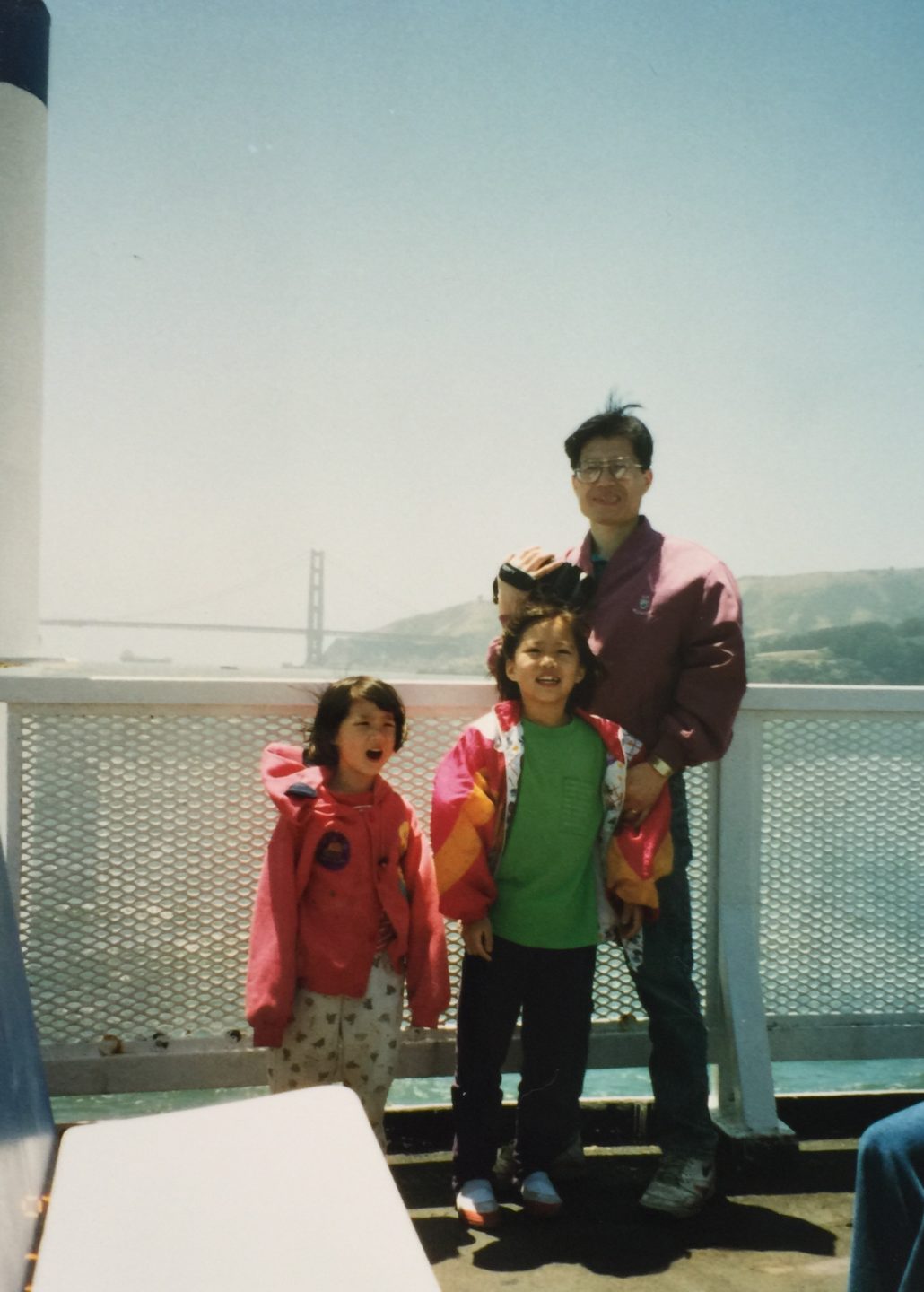
What have you learned as a journalist in the climate and social activism space?
What I have learned most as a journalist in the past few years is that we are entering a polarized society where people either want to be “right” or “wrong” and how we must now transcend this binary. With social media and the internet now, I can find supporting “evidence” for any perspective to make my “truth” legitimate. If that’s the case, then the “truth” becomes relative to the person and their individual perspective. If the truth is all relative, then it’s not about fighting to be “right” but collectively joining our powers to defeat the common enemies of systemic oppression and racism that continues to harm both people and planet. The systems that are oppressing Mother Nature are the same systems continuously oppressing our communities of color.
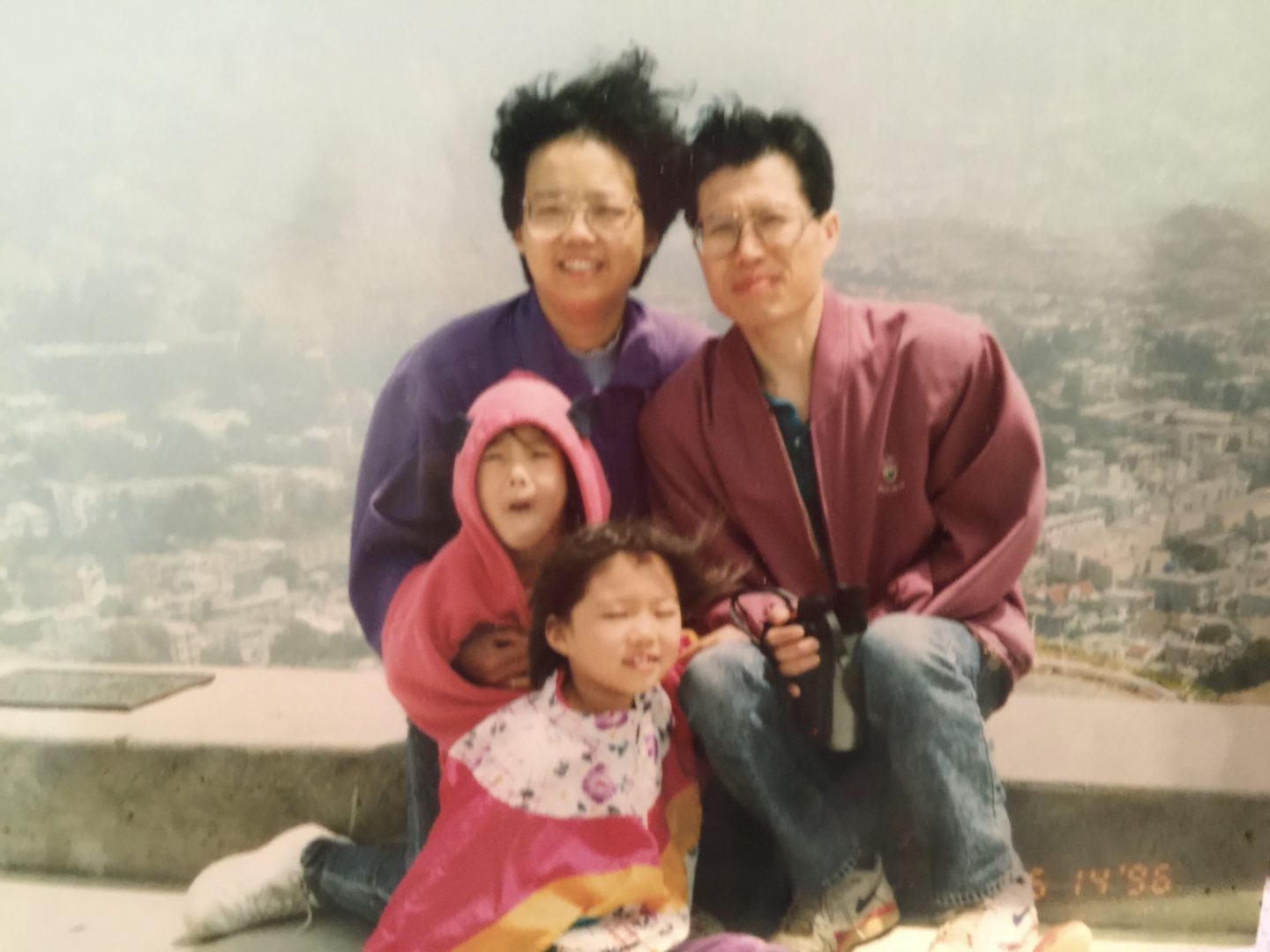
What connections between climate change and social justice do you think need more attention?
That climate justice will only be achieved when social and racial justice is achieved. For example, the #StopAsianHate movement is directly tied to our fight against the systems of oppression that hurt the environment because they are the same systems—vulnerable communities are all oppressed by the institutions of white supremacy, white nationalism and capitalism.
For example, when the most vulnerable asians are being attacked: elders and those least assimilated, the institution of white supremacy wins. The same institution that has gerrymandered white and Black neighborhoods for generations, the same institution that continues to finance and fund fossil fuels, the same institution that values profit over people and planet. Our fight is everyone’s fight.

What would you tell a younger member of the AAPI community who wanted to follow in your footsteps?
Well first and foremost during this time for the AAPI community, I want to say that we can’t let fear affect how we operate in the world as Asians. When you see these headlines about the skyrocket of hate crimes against Asians, it makes you a little nervous to go outside and live your best life. Every Asian I know has their own experience with verbal assaults, attacks, and discrimination during the past year. The journalist Kimmy Yam reported that more Asian American kids are staying home from school, choosing digital school. I think because they don’t want to experience bullying, verbal attacks—they’re scared. And that breaks my heart, we cannot let fear be the ultimate winner.
If you would like to follow in my footsteps, I would say to recognize the difference between a fear for your safety vs. a fear of you failing. I think that weighs heavily on Asians in America, trying to live up to the toxic ‘model minority’ standard. Failing upwards is a way of life… I have failed more times than I can count but it has all ultimately led me to where I am now. Don’t be scared to fail and unpack that fear of failure—follow the fear in this case. Happy Asian Pacific American Heritage Month!
Please join us in supporting Stop AAPI Hate this month, an organization dedicated to tracking and analyzing the numbers and themes coming to light in the recent uptick in incidents of hate against the AAPI community. They then take action based on the trends they’re seeing by informing policy-makers, collecting reports, and pushing for local and national action to protect the AAPI community.
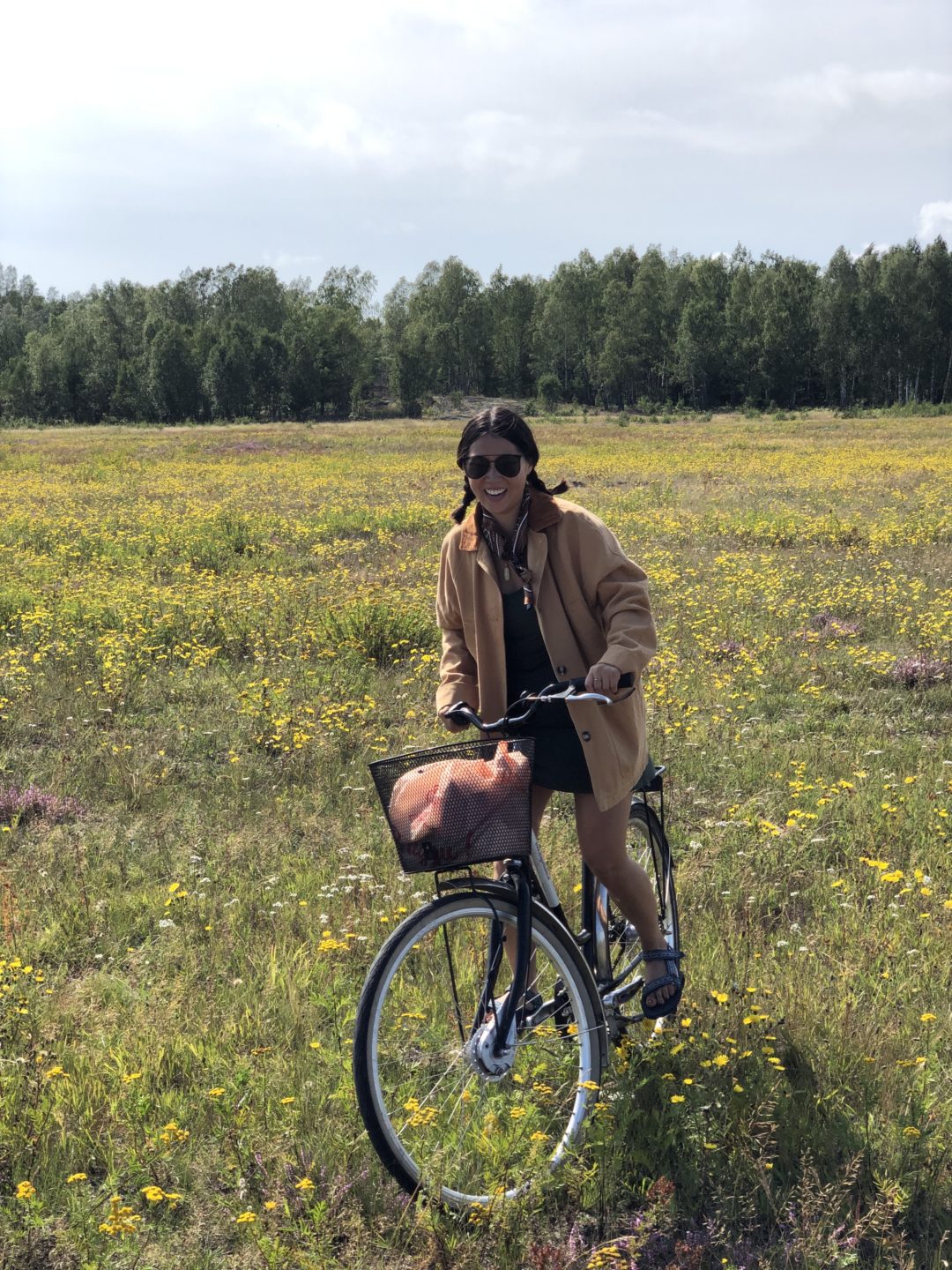
Bio: Sophia Li is a Chinese-American multimedia journalist, film director, advocate and public speaker. Her mission is to humanize issues such as the climate crisis and social justice into digestible and accessible news— redefining how information is communicated in the 21st century while cutting through the content pollution.
Sophia’s journalistic reporting has appeared in CNN, Vice and the United Nations. She has created and directed conscious campaign films for brands and platforms such as Nike, Facebook, Fendi to name a few. Dubbed as an innovative storyteller, Sophia has interviewed notable personalities across fashion, tech and culture, such as Ariana Huffington, Pharrell Williams, Celine Dion and Nobel Laureates.
Forbes, NY Magazine, Refinery29 and more have named Sophia as a leader in the sustainability movement. She is the co-founder and co-host of All of the Above, the first sustainability talk show. She is the former Entertainment Media Editor at American Vogue.
